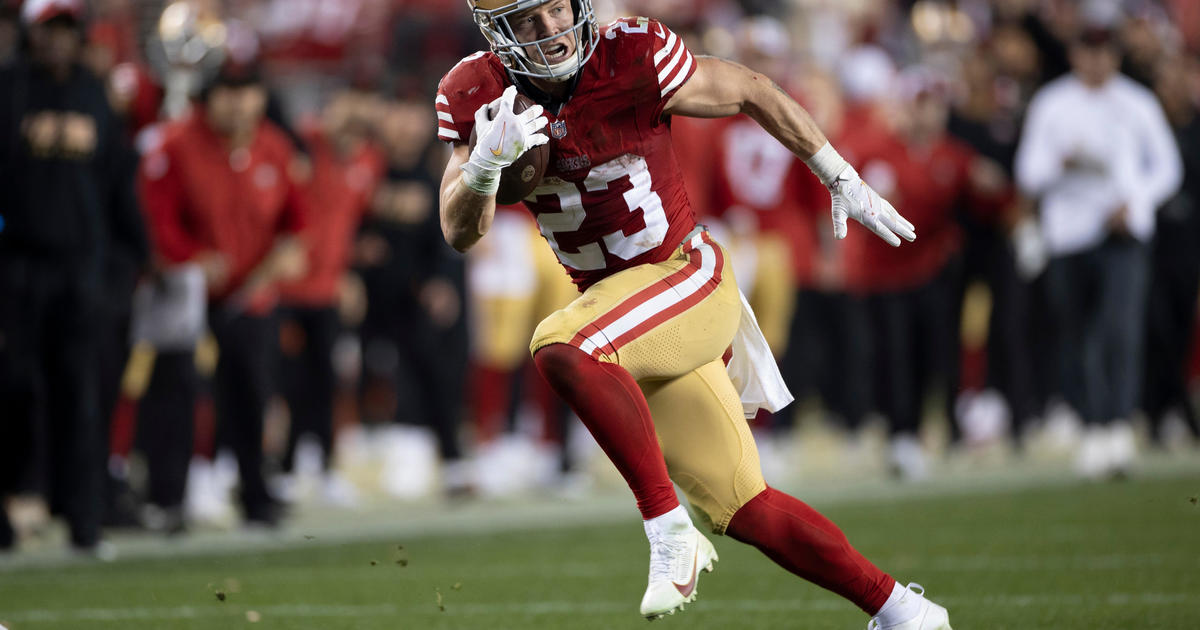Many NFL teams would do backflips to enter a conversation on whether they’ll reach 12 wins. Not in San Francisco, where the 49ers enter Week 1 preparations coming off a Super Bowl loss with the league’s most significant contract holdout.
“The Super Bowl hangover is real,” said The Ringer’s Bill Simmons on Friday’s edition of the Bill Simmons Podcast.
How real? Well, consider that since 1994, when the Buffalo Bills and their tortured fans finished 7-9 after losing four consecutive Super Bowls, only one team has followed a Super Bowl loss with another Super Bowl berth: The 2018 New England Patriots. Even the 49ers followed their previous Super Bowl loss in 2019 with a 6-10 campaign in 2020.
It’s a club no one wants to join. But it’s not the only doubt Simmons shared about the Niners. While 49ers insider Cam Inman from the Bay Area News Group gives fantasy owners a green light to draft McCaffrey, don’t expect Simmons to follow that advice.
“McCaffrey is a big thing,” Simmons explained of McCaffrey, who sat out the preseason with a calf strain. “Calves and hamstrings are terrifying to me because it seems like they’re coming back but they just don’t for another month.”
Creating more disconcerting fog in San Francisco, the recently resolved Brandon Aiyuk holdout, another holdout many call the most significant 2024 contract dispute, Deebo Samuel struggling to return to form, “some weird preseason stuff” from Brock Purdy, a painfully difficult road schedule and losing several defensive players to free agency and injury, Simmons said.
“The reasons to get excited, I guess, is they beefed up the pass rush. But that’s really it. It’s the same team as last year with a lot of salary-cap decisions and probably the last year with the Purdy rookie contract and being able to have that advantage.”
Another advantage the team created in structuring the Aiyuk contract was salary-cap relief. Reportedly, they now have more than $24 million to help with the Williams and Purdy negotiations. San Francisco also lowered Aiyuk’s cap hits to manageable levels in each of the next two years.

